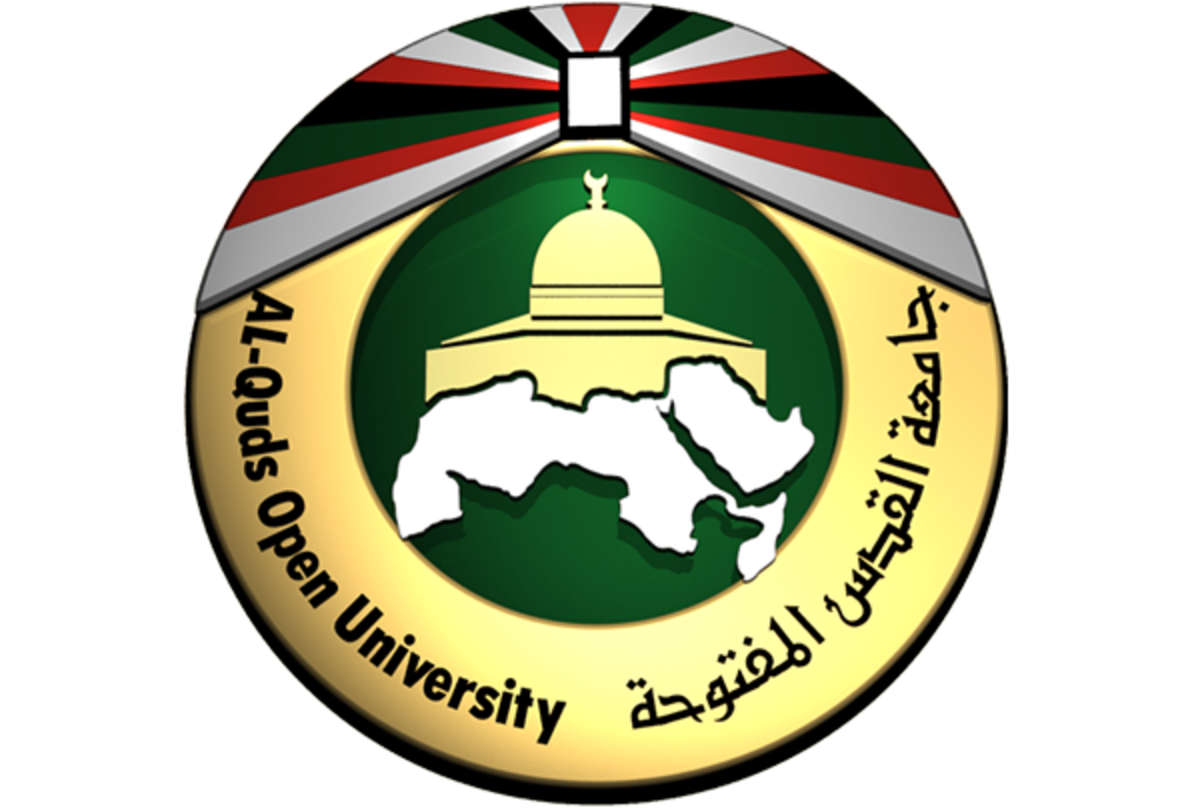Journal of Al-Quds Open University for Educational & Psychological Research & Studies

Article Title
Abstract
The study aimed at investigating the effect of false memory and modality in problem solving based on insight. The sample of this study consisted of 80 students of the tenth-grade females from Mafraq, Jordan, who were divided into two groups (audio/visual). To achieve the study aims, the Deese-Roediger McDermott Lists were used to create a false memory, and the Compound Remote Associate Task was used to measure problem-solving based on insight. The results revealed that there is a statistically significant difference at α≤.05 between the arithmetic mean for problem-solving based on insight due to false memory, The results showed that there was no statistically significant difference at α≤.05 between the arithmetic mean for problem-solving based on insight due to both: Modality (audio/visual) and memory (real/false). The results showed that there was a statistically significant difference at α≤.05 between means for the speed of problem-solving based on insight due to false memory. The results did not show a statistically significant difference at α≤.05 between mean of the response time for the speed of problem-solving based on insight due to modality (audio/visual) with memory (real/false).
Recommended Citation
Khawaldeh, Mervat Salem and Tal, Shadia Ahmad
(2021)
"The Effect of False Memory and Modality in Problem Solving Based on Insight Among Tenth Grade Female Students,"
Journal of Al-Quds Open University for Educational & Psychological Research & Studies: Vol. 12:
No.
34, Article 10.
Available at:
https://digitalcommons.aaru.edu.jo/jaqou_edpsych/vol12/iss34/10

